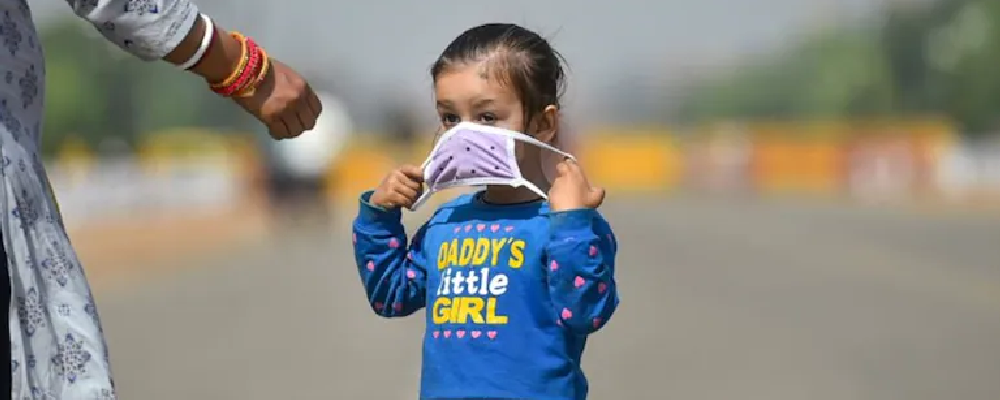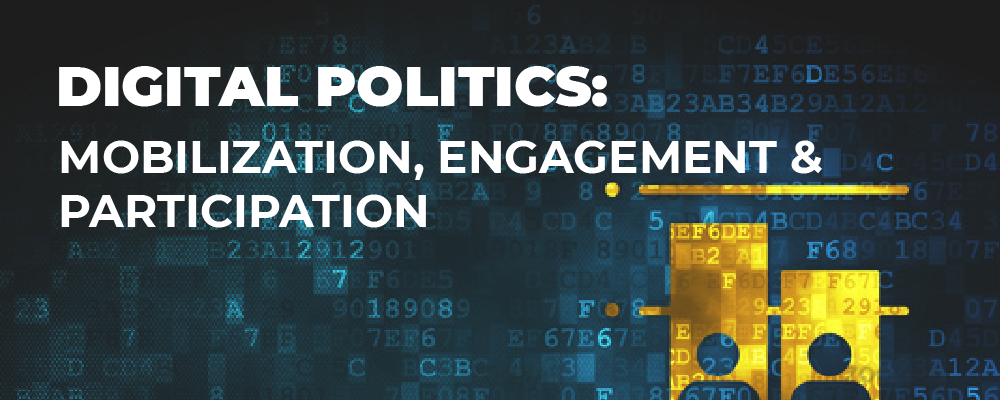Covid-19 pandemic has put spotlight on digital campaigns in Indian politics
Political campaigning in India is getting reshaped due to Covid-19 pandemic. In order to curb the spread of coronavirus, large gatherings, door to door campaigns are avoided during the upcoming 2021 state elections. And leaders and parties are forced to look for alternatives to run their campaigns. This meanwhile, is pushing leaders and parties to use and adapt towards online campaigns. At present, BJP has made the head start and is leading the way towards digitalising campaigns. Whereas opposition parties like JD’s, INC, etc are playing catch up with them.

The second wave of covid-19 will further entrench some key political leadership and campaigning trends of what we have already witnessed so far. Digitalization will lead to increase in centralisation of power, social polarisation and helping groups to go from being a passive collection of individuals to an active participant towards public life. Since 2013 parliamentary elections, we can see significant diversion towards digital political campaigning, online political mobilization, and mainly micro level of targeting with the help of various social media channels and this will further get accelerated with the second wave of pandemic.
This transformation from traditional campaigning (large rallies, mass gatherings etc) to digitalization might not be so quick, but will happen with time. To prove this we can take the example of what’s happening in West Bengal, Kerala, and Tamil Nadu election campaigns. Leaders are unable to campaign physically as citizens in these states are locked in their houses to maintain the norms of social distancing and home quarantine. But there are instances where we can see thousands of people gathering at rallies and sabhas supporting their leaders and parties. So, it is not so easy to bring in digitalization and write off the possibility of large gatherings, very soon. Presently the balance between digital and physical campaigning is tilting towards the physical campaigning, but we can see a gradual increase in growth trend towards digital campaigning. As the smartphone penetrates towards every nook and corner of the country, we will see the importance of digitalization in Indian politics and it will dominate the traditional methods of campaigning.
PANDEMIC IS PUTTING A BRAKE ON PHYSICAL GATHERINGS, THIS WOULD FORCE THE LEADERS AND PARTIES TO USE DIGITAL AND ELECTRONIC MEDIUMS TO ENTICE VOTERS TOWARDS THEM.
For an example if we consider BJP, it has an enormous digital advantage compared to other parties at all levels. BJP has utilized digital technology at its utmost best and they have the resource advantage to capitalize on it. The party is in power and has the control of the central government to use the resources available both officially and unofficially to further build on this strength. But we can see the change in the trend where the independents, national and regional parties are coming with digital campaigns. However, BJP is clearly ahead and has the first mover’s advantages and over time we can expect other parties gaining their potential to converge by utilising smart social trends and various social tools. This does not mean that opposition will displace BJP. In fact, BJP will be trying even harder to be on top of others and go hammer-and-tongs at the oppositions.
To better understand leaders visit
Digitalizing politics will in turn spawn a new generation of political leaders and will create a new career direction. Parties are turning towards political consultants, who create strategies for them on how to go about their campaigning. This could also lead to a lot of charlatans emerging out. On the other hand, when people have data in their hands, they will start to analyse what’s true and what’s not. For example, if we consider Chandrababu Naidu he was more attuned towards technology. TDP had run a meeting on Zoom, despite his promises, Naidu and his party have suffered a political setback. This is a great example to prove that social networks and technology can be a great enabler and multiplier but what ultimately matters is the quality of work done, vision and plan towards the citizens and countries development. So, we are entering into the era of technology, but what ultimately matters is working towards good governance.

So we cannot rule out both technology and physical aspects in politics. For leaders it is always the development activities that they work towards building a better society and activities that they do to solve public problems that keeps them in power. Whereas utilizing technology will help leaders to connect, engage and showcase the work they have worked on; with citizens frequently. Being active on professional social platforms makes citizens feel that leaders are one among them.
Are you eager for a digital platform to communicate, build and showcase your portfolio? MyLeaders application will make it possible.
Digitalization is certainly challenging the old way of doing things. But it is not the end. In many ways, it is just the beginning.
